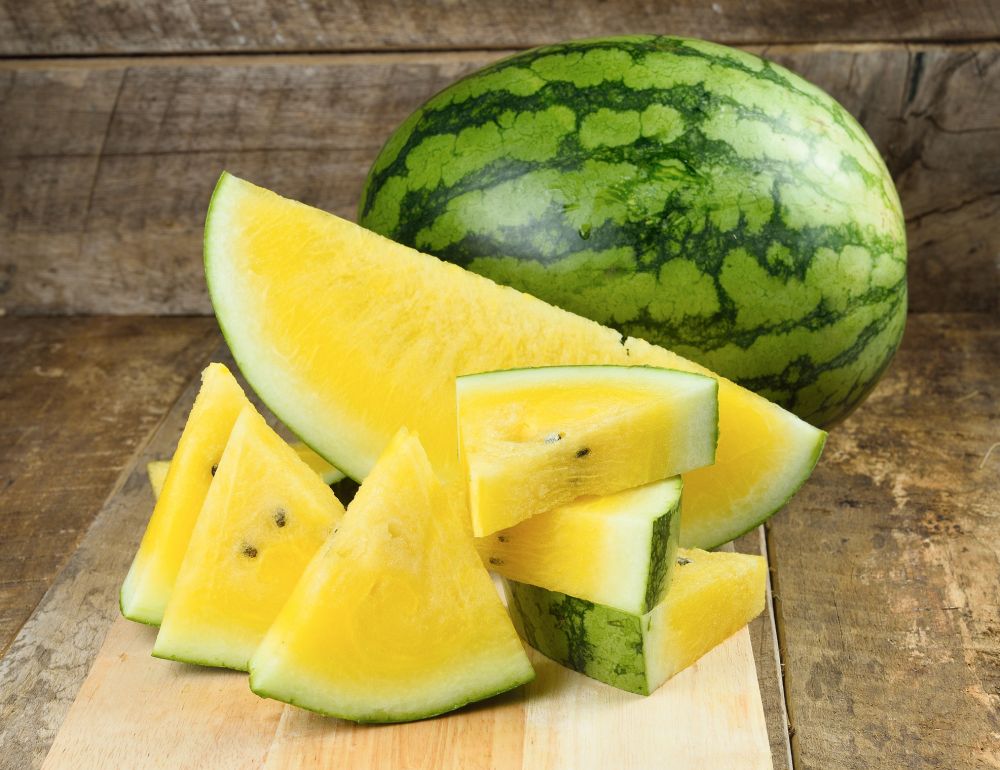 Introduction:
Introduction:
Melons are a popular and refreshing fruit enjoyed by many people around the world. They come in various types, such as watermelon, cantaloupe, honeydew, and more. One common question that arises when it comes to storing melons is whether they should be refrigerated or not. In this article, we will explore the reasons behind refrigerating melons and the potential drawbacks of doing so.
Benefits of Refrigerating Melons:
1. Extended Shelf Life: Refrigeration can help melons stay fresh for a longer period. This is particularly beneficial if you have purchased a melon that is not yet ripe or if you want to store a cut melon for later consumption.
2. Enhanced Flavor: Chilled melons can provide a more refreshing and satisfying taste, especially during hot summer months. The cool temperature can intensify the natural sweetness and juiciness of the fruit, making it a delightful treat.
3. Food Safety: Refrigeration can inhibit the growth of bacteria and other microorganisms that may cause foodborne illnesses. This is especially important for cut melons, as their exposed flesh is more susceptible to contamination.
Drawbacks of Refrigerating Melons:
1. Texture Changes: Refrigeration can alter the texture of melons, making them softer and potentially mushy. This is particularly true for watermelons, as the cold temperature can cause the fruit’s cell walls to break down, resulting in a less appealing texture.
2. Flavor Dilution: While refrigeration can enhance the flavor of melons, it can also dilute it if they are stored for an extended period. The cold temperatures can reduce the natural sugars, leading to a less sweet taste.
3. If you loved this post and you would like to get a lot more data about types of melons green kindly go to the web site. Loss of Nutritional Value: Some studies suggest that refrigerating melons for extended periods can lead to a loss of certain nutrients, such as vitamin C and antioxidants. However, the impact on nutritional value is generally minimal and may not significantly affect overall health benefits.
 Tips for Storing Melons:
Tips for Storing Melons:
1. Whole Melons: If the melon is uncut and ripe, it can be stored at room temperature for a few days until it reaches the desired ripeness. Once cut, wrap the remaining portion tightly in plastic wrap or store it in an airtight container in the refrigerator for up to three days.
2. Cut Melons: If you have sliced a melon, it is advisable to refrigerate it promptly. However, ensure that it is covered properly to prevent the absorption of odors from other foods in the refrigerator. It is best to consume cut melons within three to four days.
3. Chilled Serving: If you prefer to enjoy a refreshing, chilled melon, you can refrigerate it for a couple of hours before serving. This allows the fruit to cool down without compromising its texture or flavor.
 Conclusion:
Conclusion:
The decision to refrigerate melons ultimately depends on personal preference and the intended use of the fruit. Refrigeration can extend the shelf life, enhance the flavor, and ensure food safety. However, it may also alter the texture and dilute the taste. By following proper storage techniques, individuals can enjoy melons at their best, whether chilled or at room temperature.
